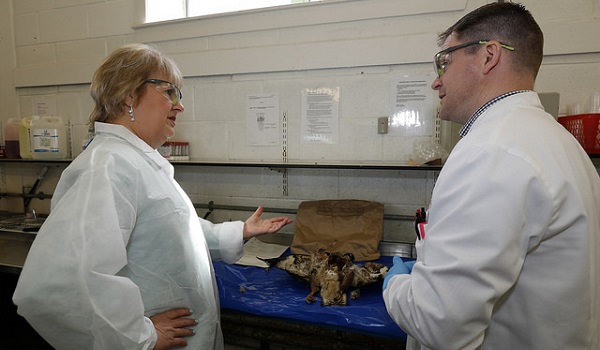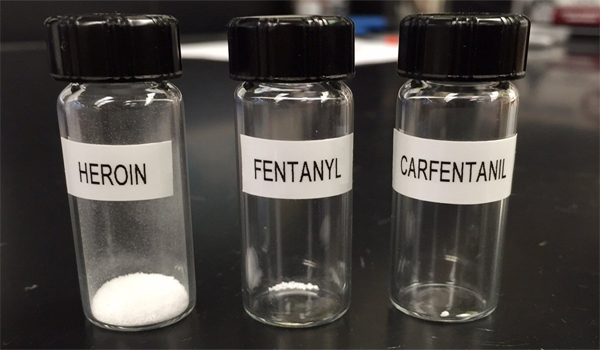Groundbreaking research could help track wildlife criminals through DNA
Officers investigating wildlife crime could soon be able to retrieve human DNA from the scene days later following the latest forensic breakthrough.
Findings from a joint Scottish government study have revealed DNA can be traced on traps that have been outside for at least ten days.
The study, published on Friday (April 20), also revealed vital evidence can be recovered from baits and animal carcasses at crime scenes after at least 24 hours.
The research was initiated by the Partnership for Action Against Wildlife Crime and carried out by the Scottish Police Authority’s Forensic Services, the Scottish government and the University of Strathclyde.
Environment Secretary Roseanna Cunningham said wildlife crime investigations can often be hampered by a lack of evidence.
Police Scotland always welcomes advancement in scientific techniques to solve wildlife crime.
“This new research will unlock the potential of using DNA profiles to track criminals and could play a crucial role in helping secure convictions for wildlife crime,” she added.
“We continue to prioritise wildlife crime and are working to develop new ways to protect our precious birds of prey, including through a new wildlife crime detective post at Police Scotland HQ and a new team of special constables to tackle rural crime in the Cairngorms National Park.”
Detective Chief Superintendent David McLaren said: “Police Scotland always welcomes advancement in scientific techniques to solve wildlife crime and has always used all the available tools in our pursuit of those who commit wildlife crime.
“This new technique will advance our ability to collect human DNA from illegally set traps.”







